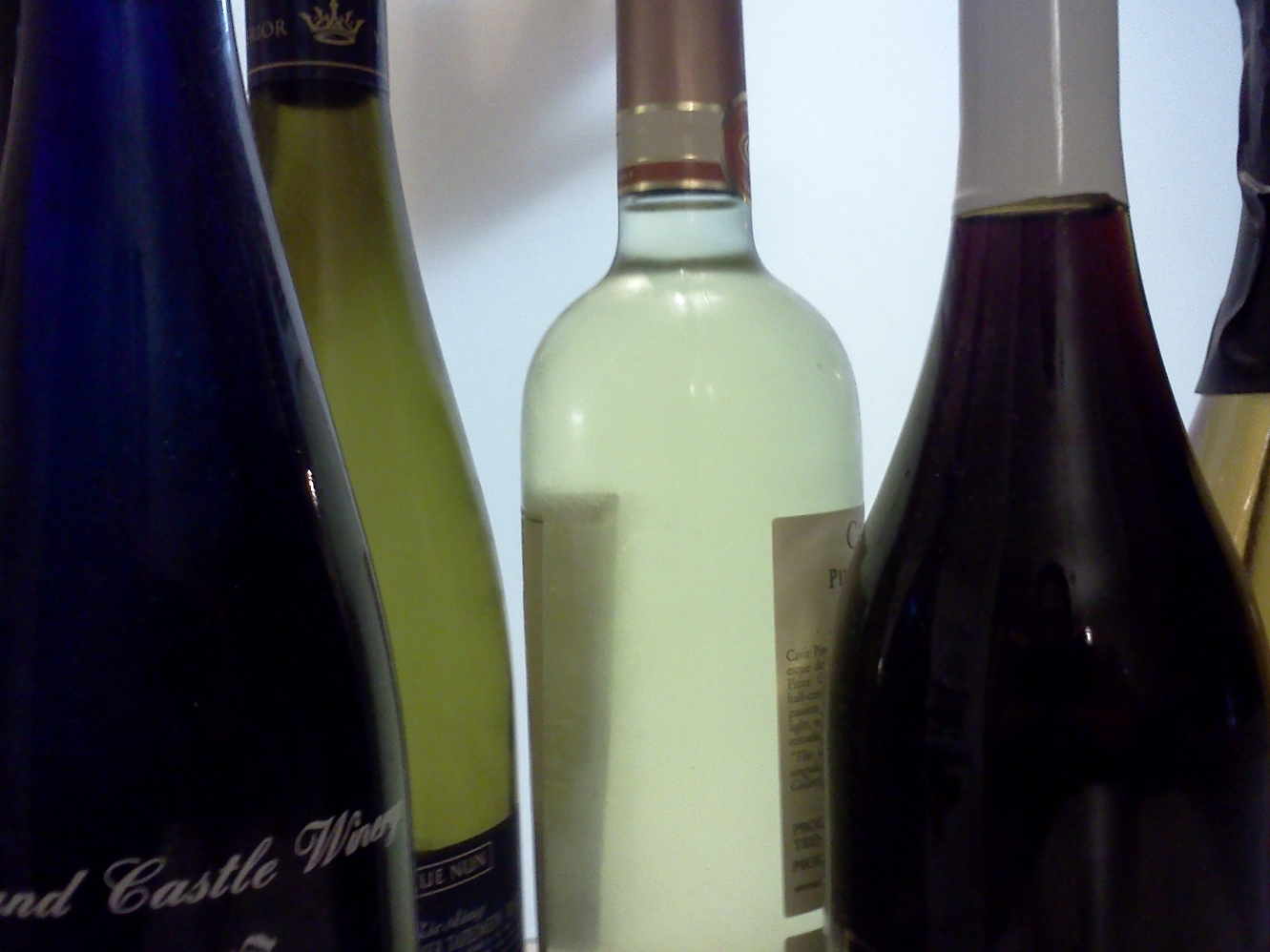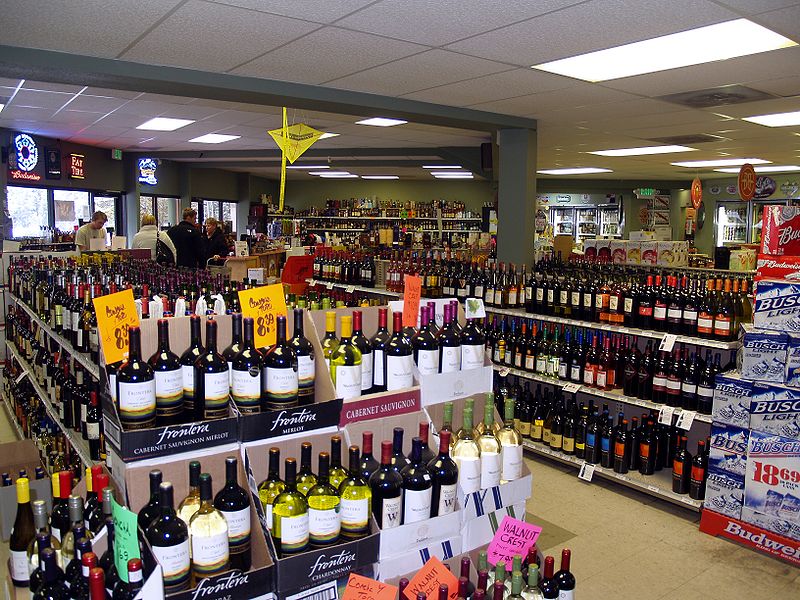Modernization Plans Dominate PLCB Appropriations Hearing
Talk of liquor store privatization was brushed aside at Thursday’s Senate Appropriations Committee with the Liquor Control Board. Instead, the focus was on modernization.
The governor’s proposed budget calls for an $80-million dollar transfer from the Liquor Control Board to the General Fund next year. LCB CEO Joe Conti tells lawmakers that number is right on target, but they could generate even more revenues if only they were allowed to modernize. “It’s clear that we think we could add $70-million dollars to our bottom line,” Conti explained during an extended Q&A with the committee.
One of the high-profile reforms he seeks is flexible pricing. “We would just like to price the way that all other retailers price their product, with a mix of pricing,” Conti explained. “And we are not able to do that now.” He later stressed that prices would still be the same across the commonwealth, but the LCB would have greater discretion in how they are set.
The retail price we pay on every bottle at state-run liquor stores includes: the wholesale price, the 18% state liquor tax, a 30% markup, a handling fee and federal alcohol taxes. The flexible pricing allowed in SB 1287 would allow the LCB to vary its 30% across-the-board markup, based on the product, and likely nix the handling fee.
That legislation currently awaits action in the Senate Law & Justice Committee. Meanwhile, legislation to privatize PA’s liquor stores is awaiting action in the House. The Liquor Control Board is scheduled to appear for its House Appropriations Hearing on February 27th.



